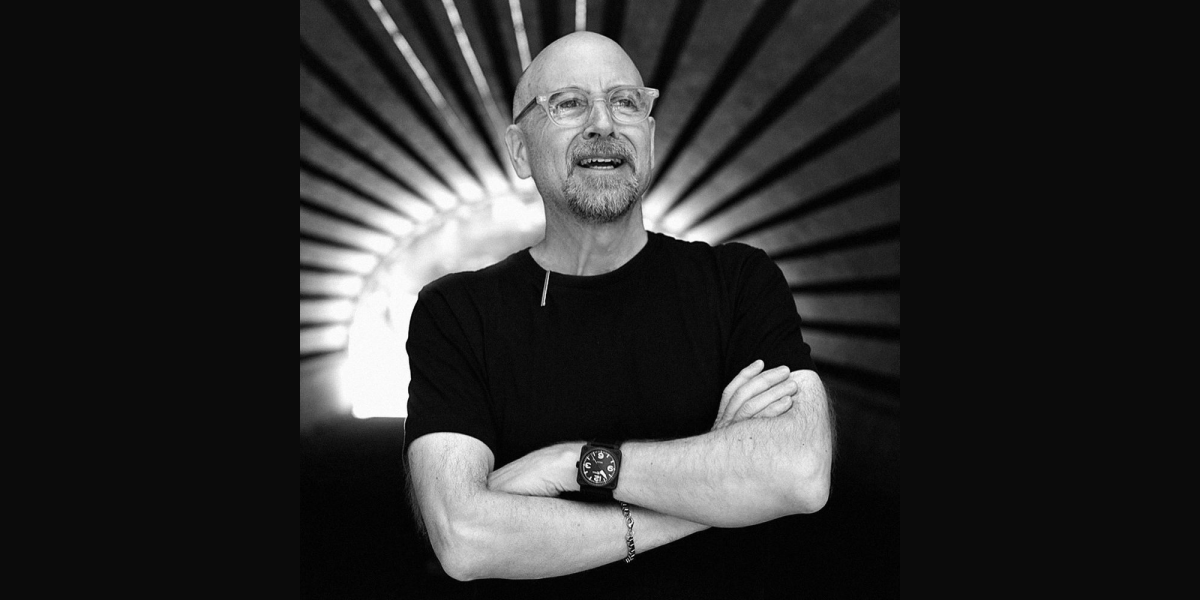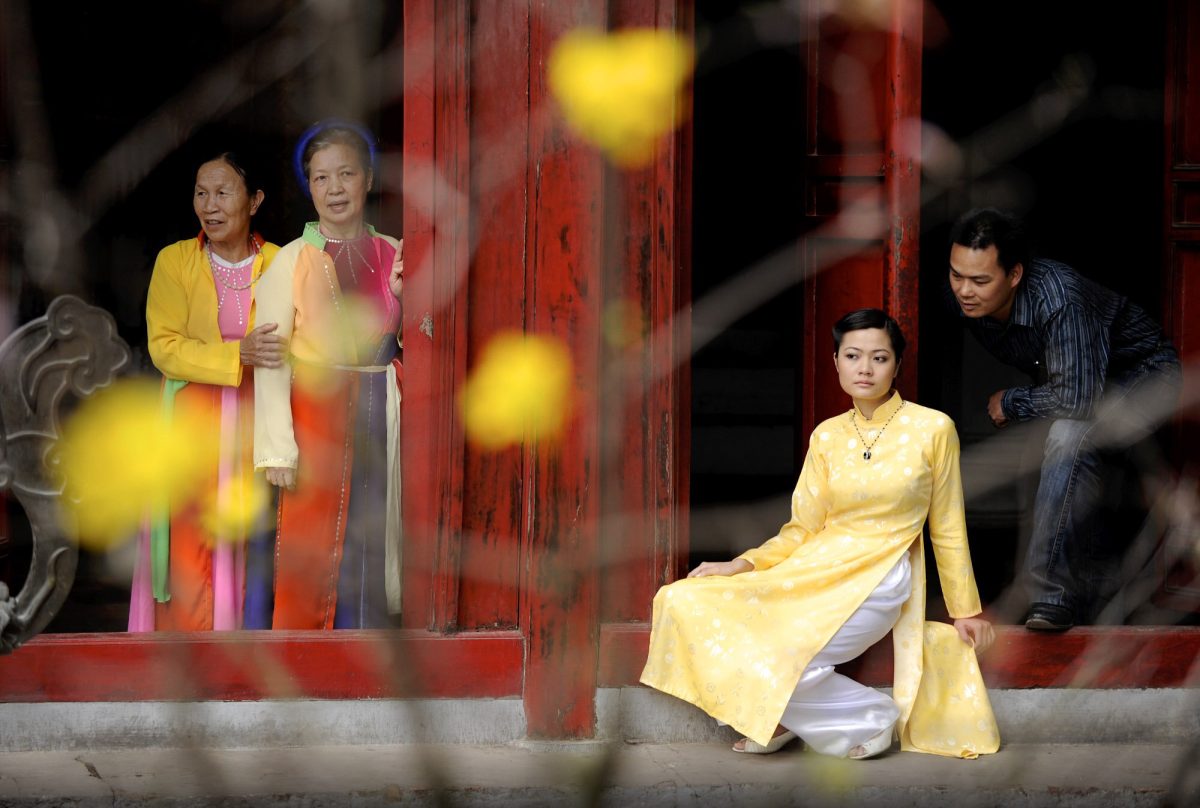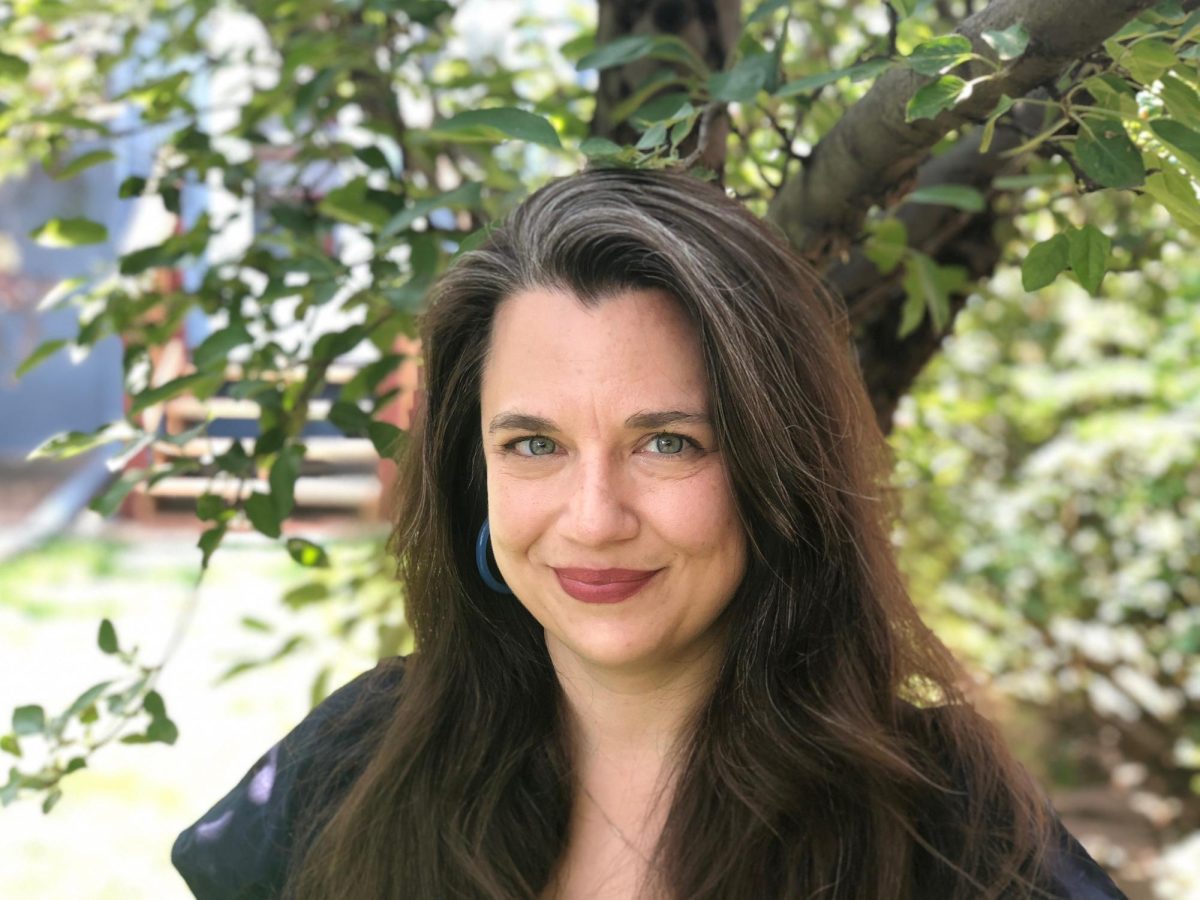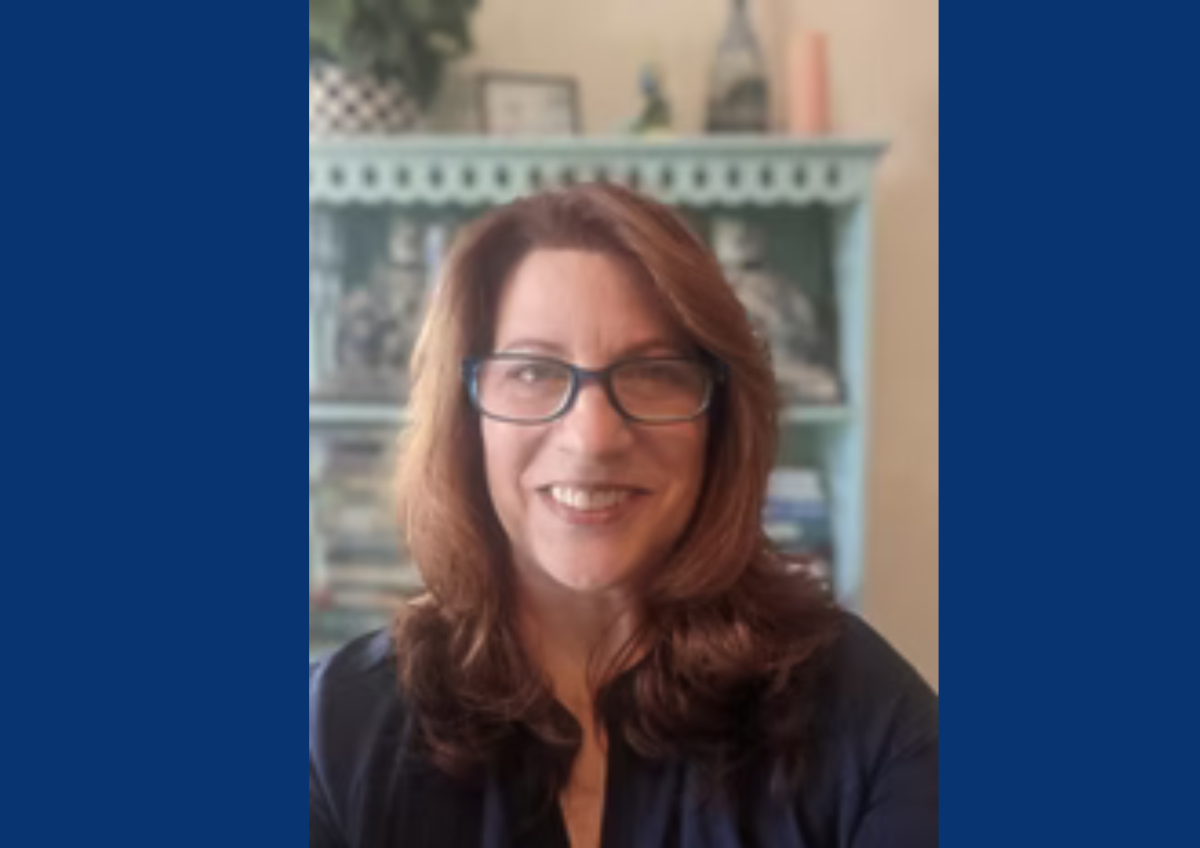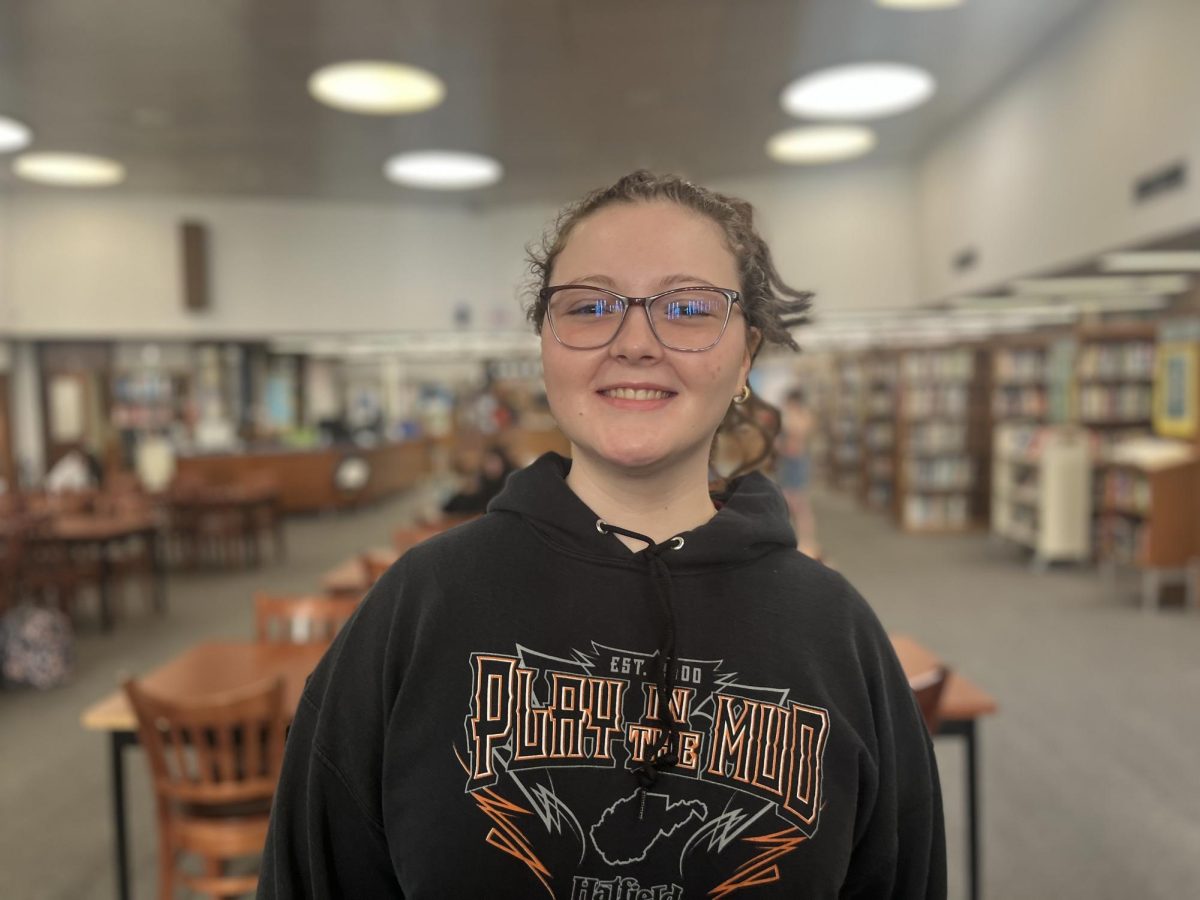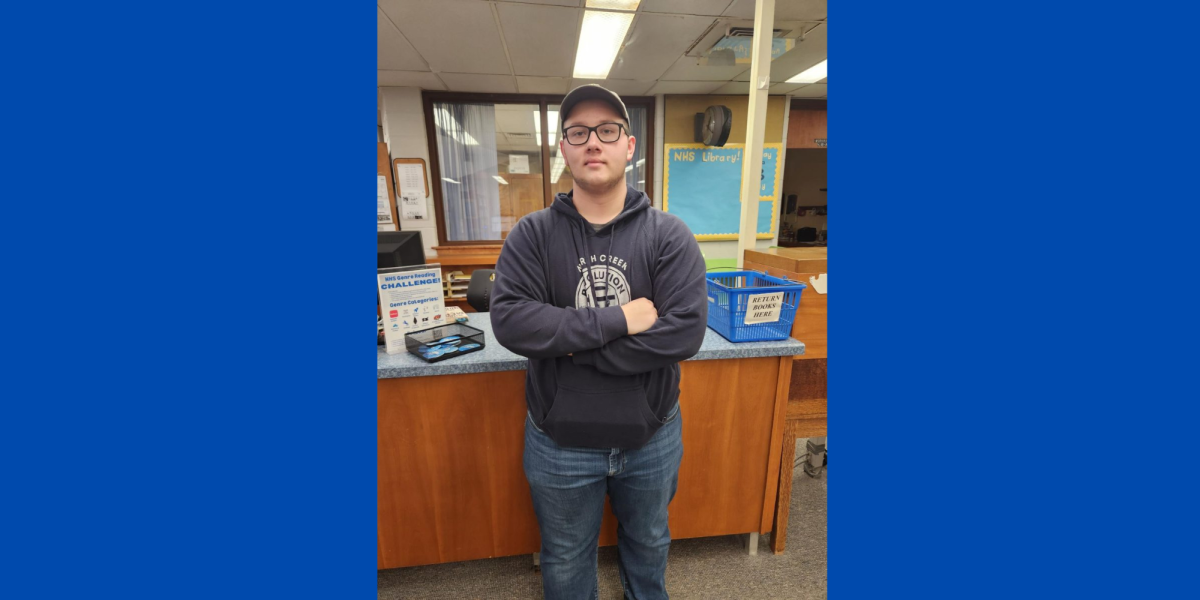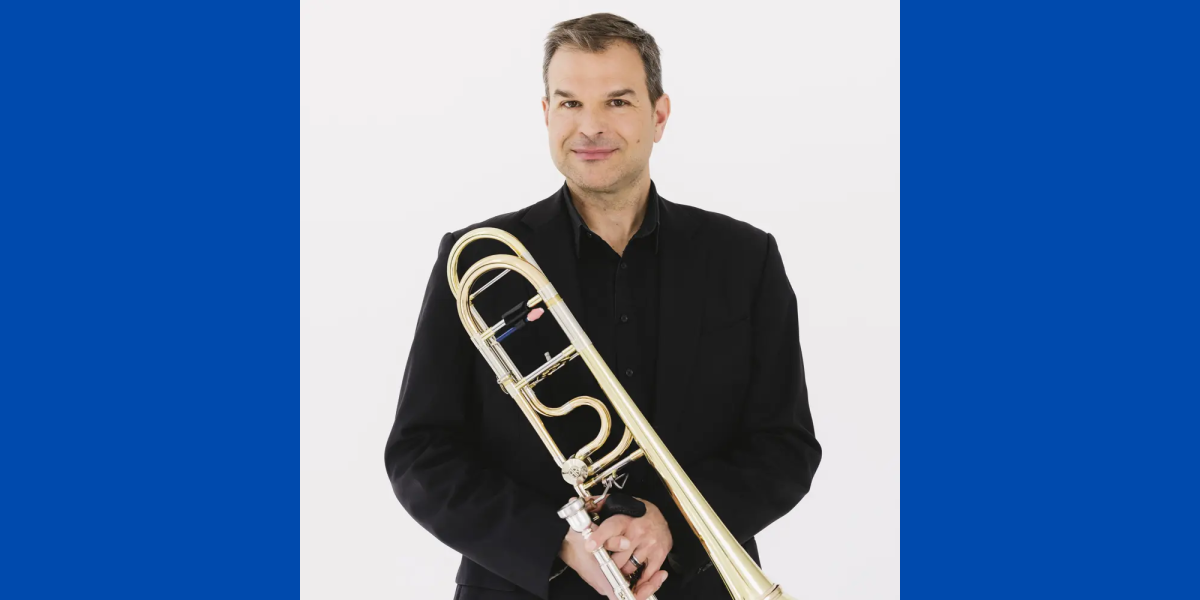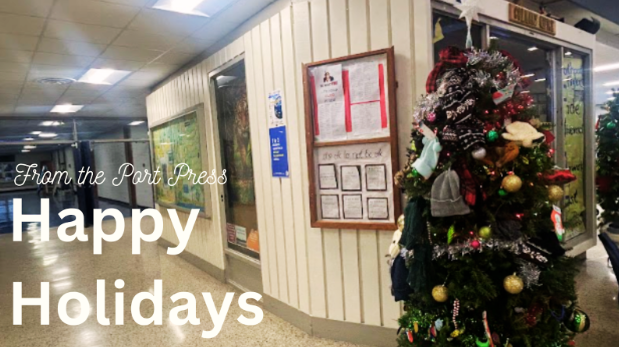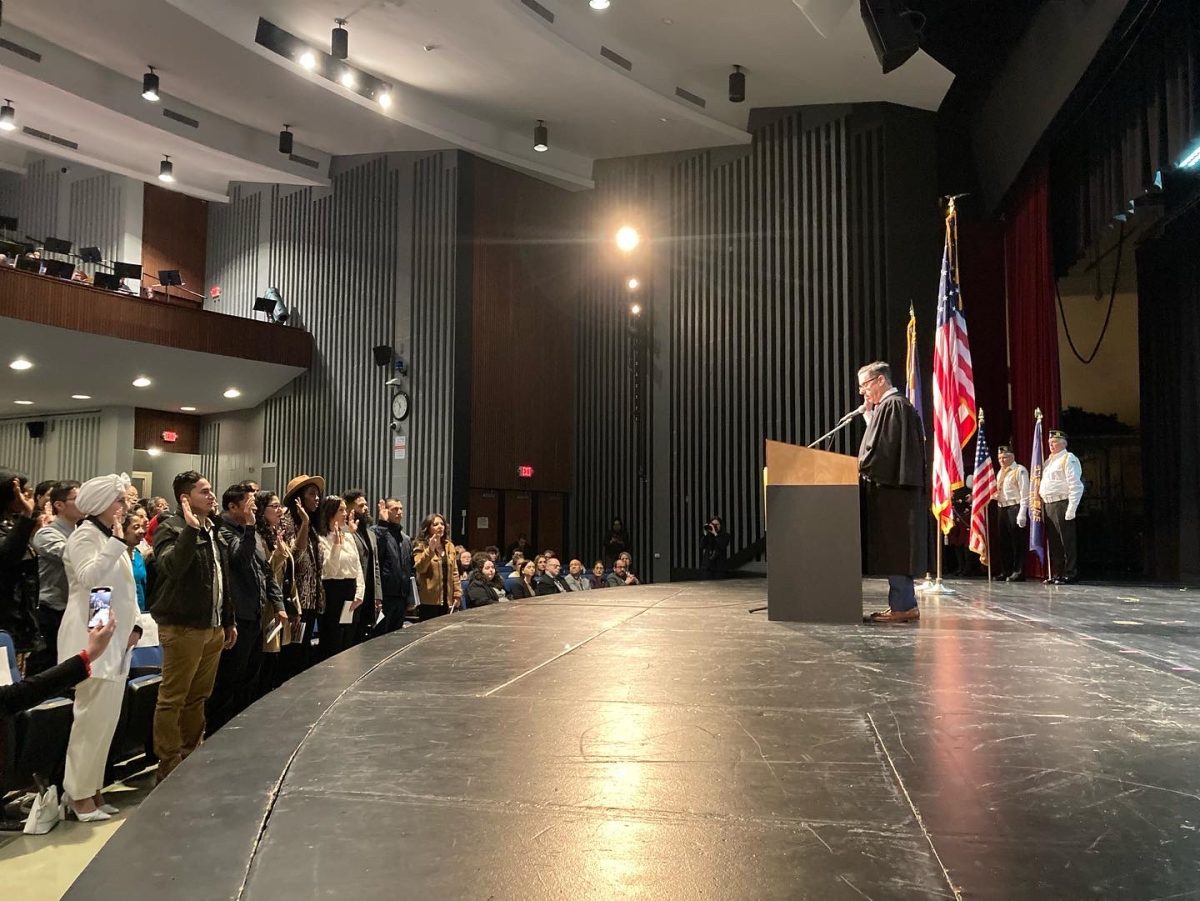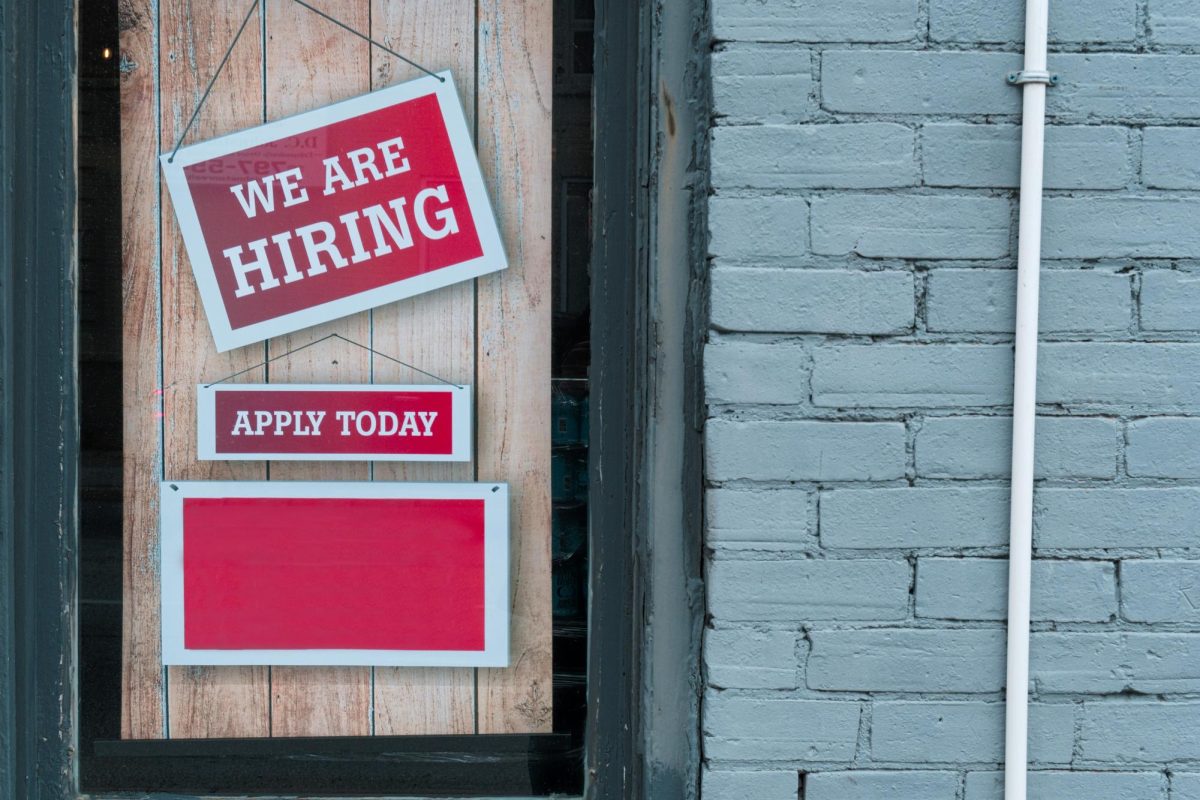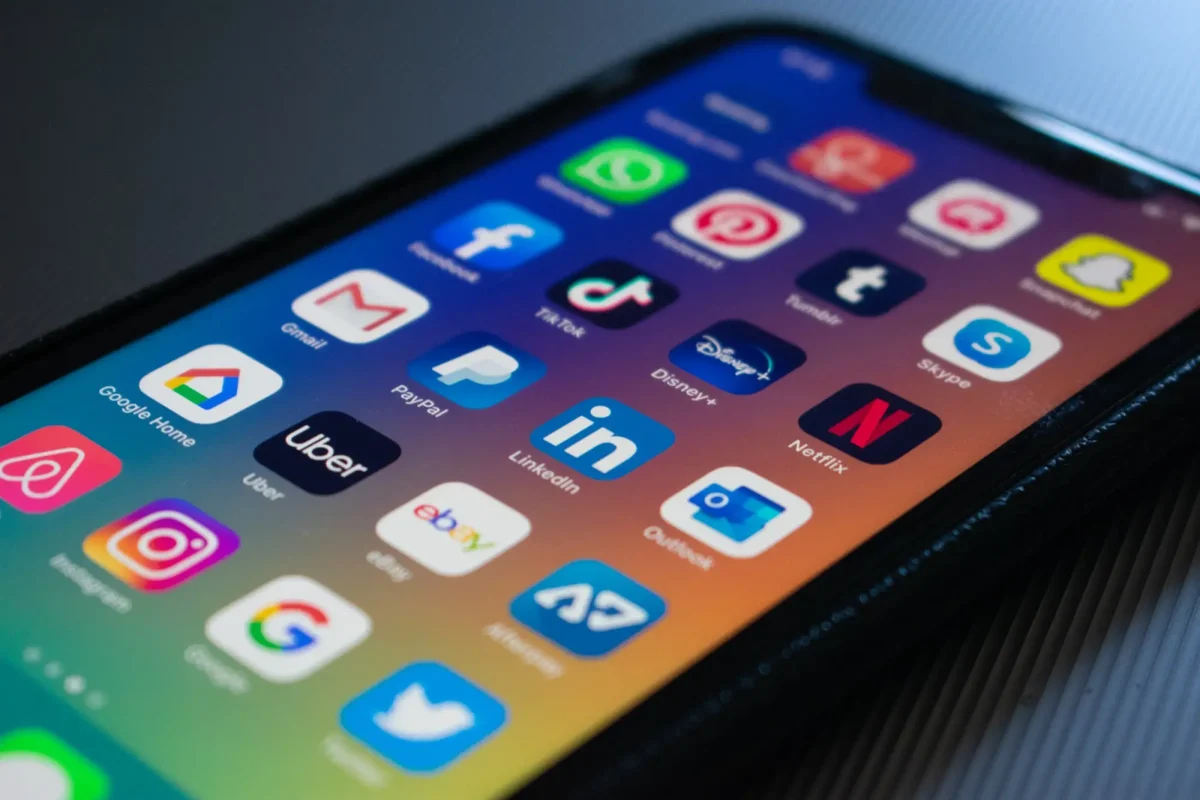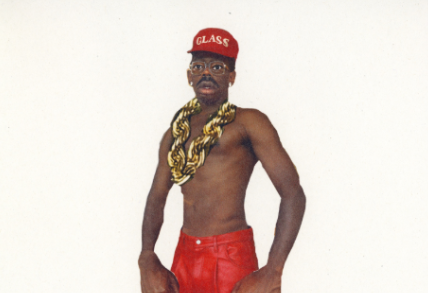Northport High School alumnus Doug Menuez is an award-winning photographer who has worked across many disciplines, including photojournalism, documentary, and commercial photography, as a freelancer for Time, Newsweek, Life, Fortune, The New York Times Magazine, and many more. He is known for documenting innovation in Silicon Valley as he shadowed and photographed Steve Jobs. He has traveled the world taking photographs across cultures and continents. We had the pleasure of speaking with him about his time in high school, his experiences since then, and his advice for high school students in Northport High School today.
What was your time at Northport High School like?
I was not a good student. I was really interested in learning, but I hated school. I wanted to be an artist. I was a musician at the time. I had a band, we were playing in bars and clubs in New York City and around Long Island, so I was out until four or five every night. I managed to convince all my teachers to accept all sorts of independent study projects, like photo essays. So, I never attended a single English class in high school because the English teacher gave me straight A’s for shooting for the yearbook. Subculturally, there were a lot of drugs, a lot of gangs. We had friends that were a little older than us going off to Vietnam to die. There was a bomb going off somewhere every two weeks. There were a lot of protests and clashes. It was a really tough time in America. So, high school didn’t become a sacred little oasis because of that. It was trying to navigate as a kid, with the society we were in. And luckily, Northport High School had some great teachers who saved me. They were aware of all this stuff, and there were quite a few of them who had an understanding of the chaos in society and helped us to find things that we loved and encouraged them, like all good teachers.
Are there any challenges you faced in high school that you overcame and learned from?
I wasn’t a bad student, I just had learning disabilities. I didn’t understand or know about it. Nobody really talked about it back then. I had interests outside of school, but my mother was really worried about me and thought I was totally on the path to doom. So, she called the school and asked them to expel me. And the English teacher, Mr. Ornstein, said, “Well, you can double up and get out of school a year early, but you have to do what I say all summer long.” So, I took all of these extra classes during the summer, and I did end up getting out of high school a year early, but I didn’t attend my graduation because I believe I was at a gig somewhere. But years later, I did find my high school diploma that I was really proud to get.
Are there any specific moments or experiences at Northport that you can look back on and say that they’ve shaped who you are today?
That moment when Mr. Ornstein offered to help me graduate was transformational. If I hadn’t done that, I probably wouldn’t have gone to college. I probably would’ve been in a blues band and become an alcoholic and died young. Everybody in the band was in their twenties or older. We were playing warm up gigs when I was 16, including acts like Bruce Springsteen before he was famous. Anyway, music was calling me, but photography was stronger. I started taking pictures when I was 10. Bob Burns was the art teacher who gave me the key to the dark room, which was another important moment. No one was using this dark room in the art department where the art classes were. It was a really good dark room, and I got the key. I guess there were a few of us who were really into photography, and the trust that Mr. Burns showed me was really, really incredible. I was so dedicated to photography, I did it day and night. And like I said earlier, I kind of cheated my way through school because I got all my teachers to accept these projects in lieu of going to class. Part of the reason I couldn’t go to class was because I was out playing in the band every night trying to make some money. But, art and music were everything to me. I was actually taking pictures of anti-war protests and selling them to a local newspaper called the Long Island Duck. I was getting paid to take pictures at 14, 15, 16 years old. So, I thought I had a path forward, whether I went to college or not, and I wasn’t interested or thinking about going to college. I just wanted to be an artist. But it’s interesting, because I wasn’t pursuing it at the time.
Professionally, what were your goals during your high school years? How did they change over time?
I was just confused, but I think a part of me wanted to play music. My band had a manager, and we were brought into New York City to record a demo album. We were ahead of our time playing Chicago Blues. There was a band called the J. Geils Band that came out two years after I left high school. They had huge hits and it was sort of blues rock, and they became very popular. We might’ve been able to do that if we continued, but I think photography and being an artist was more important to me than music in some ways. So, I was trying to figure out how to be a photographer. I went to the guidance counselors at school where they looked up the statistics, and I was told in 1973 that I should forget photography because there were no jobs. It was very, very hard to get a job as a photographer at that time. And that remains true today. In fact, it’s even worse now. I was discouraged at first, but then I thought, “Well, I’ll just go to art school.” So, my goal in the back of my mind was to go to art school, but I didn’t act on it. I wasn’t organized. My parents weren’t pushing it. So, after I graduated, I was really focused on the band. By the way, did I mention that my mother threw me out when I was 16? (Author’s note: He, in fact, did not mention this). Yeah. I was such a bad kid. I mean, I don’t know what I was doing that was so bad. But I wouldn’t go to school on time, and I wasn’t doing a lot of things that she wanted me to do. So, she just said, “All right, goodbye. Good luck.” After that, I had the job playing in the band at night and I was working as a garbage man during the day. I would stay with friends, and I moved to New York City after I graduated. It was during that time when I guess somebody convinced me to try to take a photojournalism class at New Paltz. So, I ended up going to college just by chance. Once I was there, I met a famous photojournalist named W. Eugene Smith. He came to speak, and it was electrifying. Once I saw him, I realized how serious this was. You know, It’s life and death when you go out and do photojournalism, covering wars and news. And I felt like I had touched on something that could be a calling for me. So, I really got serious after that.
Do you have any advice for students who are interested in pursuing photography or the arts?
I think anyone who wants to be an artist, whether it be photography, painting, music, etcetera needs to study business, because they need to learn how to be an entrepreneur. When I was a kid, there was a line between money and art. You weren’t allowed to even think about money or talk about money, which was just stupid because artists then are victims of the commercial world, you know? So, learning how to make and manage money as well as learning how to run a business is a good foundation for any artist. Ideally, you would have a good manager or business partner or spouse or gallerist or someone that helps you with your career. But first, you have to start with your own skills and look out for yourself. But, I don’t think this is such a new concept. I think a lot of photography schools are teaching business now, but that’s the first thing I would do. Learning your craft and your skill as an artist is hard, and figuring out how to express yourself and what you have to say is really hard. But none of that matters if you can’t survive. That’s why it’s important to learn how banks work, how to get an SBA loan, and how to create funding for your own projects. One of the things I did was (more casual lore incoming) I spent 15 years documenting the invention of new technology in Silicon Valley by convincing Steve Jobs to let me shadow him for three years. He had never done that before, and he trusted me. Steve showed me how to write a business plan. I was like, “What’s that?”, and he told me, “Well, that’s what you take to get money to start your business.” So, that taught me how to be an entrepreneur. And I built my own business, a multimillion dollar business with 15 employees in Sausalito, California. Well, that wasn’t my true path either. I really wanted to be an artist. I had to find partners to help run the business side, but at least I knew how to do it.
What would you say to your high school self?
Just stop thinking about everything and enjoy the moment. Enjoy your friends. Pete Calandra recommended me to you guys, so he obviously felt something connecting us from the past. I really respect Pete and like him a lot. I think kids feel like they’re gonna live forever and life is a long path ahead of them, and I think It’s really important to spend five minutes appreciating your friends in school and the environment you’re in because it’s really special. When you get out into the world, you see how hard it is to get an education in other parts of the world. I look back on Northport High School often. In fact, my wife and I visited on 9/11. We were living in the city at the time, and our apartment was eight blocks away from the first where we saw the jets hit the building. We were on our way to Northport because we met in Northport in 1976 when she came from Brazil. So, we were gonna go to the house where we met, and we decided to flee New York after the jets hit the building and continued going out to Northport. We passed the high school, and I stopped in and everyone was watching the events happen on TV. I didn’t get to talk to any of my old teachers or meet anybody. I regret not maintaining the relationships that I had there. I regret not going to the reunions. I think it’s a big part of life that I didn’t understand then, because I was a “rebel artist.” So, take a minute and be glad where you are. Enjoy your life.
If you’re interested in seeing more of Doug Menuez’s work, you can find him here:
Website: www.menuez.com
Instagram: @dmenuez

